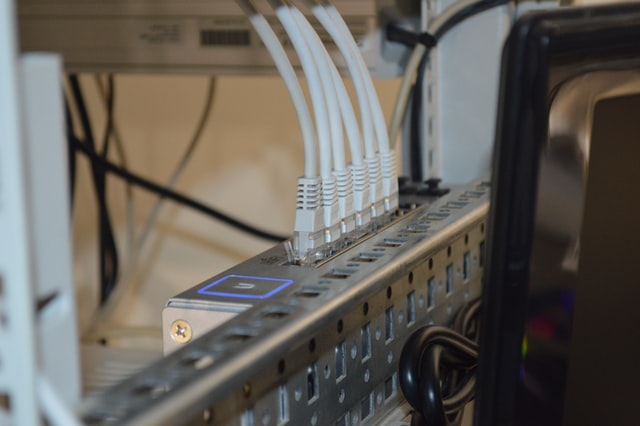By Catherine Kyalo.
Do you own a smartphone, have access to WiFi but feel half the time you are reloading pages, struggling to make out words on a WhatsApp call? Do you dread the idea of going to “shags” because you cannot afford to be cut off from the world for three days? Does it disappoint you that you cannot share those amazing birthday photos of your children with their grandparents back home? These and many issues on connectivity versus meaning internet access have been the subject in this year’s UN IGF held in Katowice, Poland. Participants can connect remotely to attend the IGF sessions.
Meaningful access has been described as access to the internet that is meaningful to the people using it in terms of affordability, meaningful connectivity, and social environment supporting access. The common questions asked in meaningful access are; Is the community able to afford the cost of the internet? Do they have the devices to access the internet? Is the speed sufficient and the connection unlimited to enable full utilization? Do they have the skills and capacity to utilize the internet for their benefit? Can they understand the language used, and is the content useful to them?
UNESCO presented its ROAM-X framework in several sessions at the IGF. The ROAM-X indicators framework is a unique and powerful resource to gain a holistic diagnosis of a countries’ Internet policies, digital environment, and thereby the structural causes of digital inequalities. The ROAM-X indicators cover the categories (Rights, Openness, Accessibility, Multi-stakeholder) as well as 79 contextual and cross-cutting indicators to address gender equality and the needs of children and young people, economic dimensions, trust, and security, as well as legal and ethical aspects of the Internet. KICTANet in collaboration with UNESCO conducted the first national assessment of Kenya using the ROAM-X indicators framework, and will also conduct the second national assessment in the year 2022.
To create meaningful connectivity and access, panelists shared the initiatives they are undertaking in building and growing community networks, working with governments to build infrastructure, creating policies that facilitate this access by accommodating a diversity of providers and regulation of data cost and involving stakeholders to ensure content is tailored to specific community needs. Carlos Moreno of APC and Michuki Mwangi of Internet Society for example shared their role in building community networks, providing technical support, and lobbying for policies that enable meaningful access. The MAG Chair Anriette Esterheusein indicated that one of the celebrated wins on the policy front is the recent community network’s license for Kenya that was developed in conjunction with APC, and KICTANet with the support of the UK Government’s Digital Access Program.
The multilingualism session discussed the challenges of incorporating all human languages on the internet. There are 7061 languages in use globally but less than 300 are in use on the internet limiting a lot of communities from accessing content. For example, Kenya has more than 42 indigenous languages, but only English is prevalent on the internet, with Swahili coming a distant second at less than 5%, yet it is the most widely used day-to-day language. With these issues addressed, we all hope to create seamless communication across all geographical platforms and increase productivity since it has been proven, meaning connectivity increases the social-economic conditions of citizens.
Catherine Kyalo is a computer network professional now focused on ICT policy and meaningful access.
![]()




